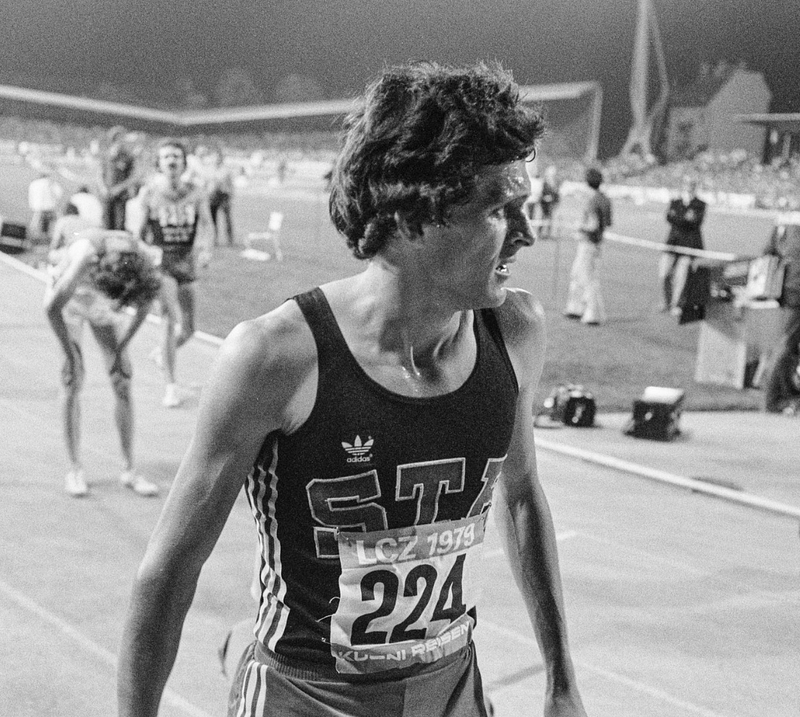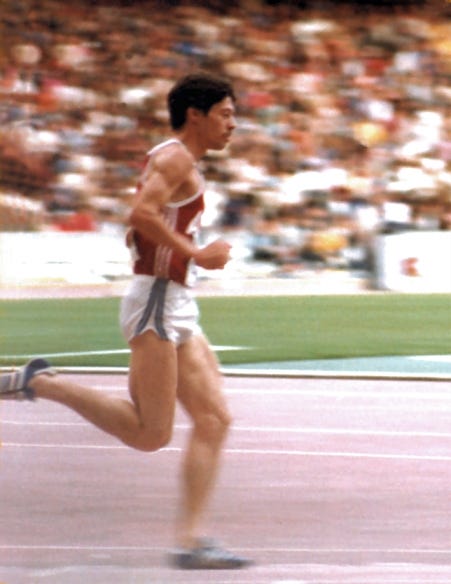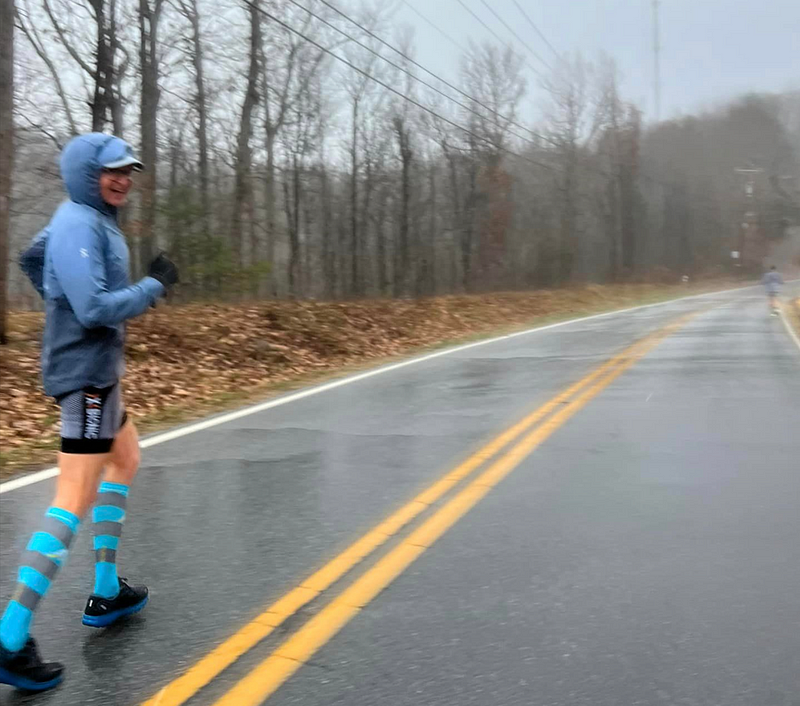The Triumph of the 2013 London Marathon

Greetings friends!
On April 7, 2013, I ran the Zurich Marathon for the 11th time. That was already a big deal because it meant I passed the 10th anniversary and convinced myself to keep going.*
Even more important to me that year was the London Marathon, which I was scheduled to run just two weeks later on April 21. The race in London turned out to be critical to the running community and the broader world in ways none of us could have expected.
This is the story of why and what happened to make the 2013 London Marathon so special.
Marathon maniacs … and everyone else
Some of you reading might be familiar with the Marathon Maniacs. The most basic level of entry to this club is gained by running two marathons within sixteen days of one another.
By the time of the 2013 London Marathon, I was already a proud member of the club, having run the 2009 Boston and Zurich marathons just six days apart.
The reason for the insanity in both years was the same: I had set myself the goal of running the Zurich Marathon every year and then hit upon the idea of also completing the World Marathon Majors, of which Boston and London are integral parts.
The Marathon Majors are scheduled when they are. The fact that this often conflicts with the Zurich Marathon is of no consequence to anyone but a few idiots like me.
While I am sure fellow runners will understand, I accept that none of this makes any sense outside the marathoning world.
For all of you, I’ll ask you to imagine vitally important goals you’ve committed to, goals that help you define your very identity. Whatever they are, they’re so important you’ll do just about anything to reach those goals.
Yes, I was a marathon maniac but we’re all maniacs about something at some point in our life, aren’t we?

The Boston Marathon changed everything
The Boston Marathon was held on April 15 that year. What is normally a day of hardship, triumph, and celebration became a catastrophe with the detonation of two bombs near the finish line.
Hundreds were injured, dozens lost limbs, and several people died in the blasts. The hunt for the Tsarnaev brothers kept us rapt with fear and tension. One brother was killed after a shootout on April 18, and the other was captured after another shootout on the 19th.
What did this act of terrorism mean? Marathons are the most non-partisan, apolitical, human-affirming events you can imagine. If such an event is not safe from fanatics (now not the good kind), what does that mean for our daily lives?
These thoughts were on many people’s minds, and I’d venture for few of them more so than the organizers and participants of the 2013 London Marathon. It was now less than two days before the scheduled start of the race, the very first such event since the Boston bombing.
It’s going to sound selfish (see the prior section to understand why) but the runners that year desperately wanted the race to proceed. More than 167,000 of us had applied to get a slot and the 34,600 people who eventually started knew they might not get another chance.
It’s that way with every race — with every day in life if we’re honest. But having beaten the odds to get a place and then trained hard to get to the starting line, we wanted to run.
The organizers reviewed the security plan together with the Metropolitan Police and announced they were confident they could keep the event safe. Whew! It looked like the race was on!

The London Marathon changed everything again
Any sporting event is fundamentally life-affirming. When your way of life feels threatened, carrying on in the face of your fear is even more affirming. That’s what happened on April 21 in London in 2013.
Not only did the Metropolitan Police provide an incredible and reassuring show of force, we runners were there in our thousands. Wonderfully, poignantly, and in a display of support that I’ll never forget, Londoners came out in the hundreds of thousands to line every mile of the marathon. More than 700,000 of them.
It was a clear message that the human spirit is not so easily cowed. We may be injured, we may be afraid. But while we live we retain the will to fight. We affirm by our very existence and our actions what’s important to us.
What’s this about beating Olympians and European Champions?
Ah, that’s the least important part of the story. But it’s fun for me, so indulge me for a moment.
I was in London with a running group led by Markus Ryffel, one of the most famous Swiss runners, who won silver in the 5,000 meters at the 1984 Olympics. Markus brought his friend Thomas Wessinghage who won the 1982 European Championship over the same distance.
The appeal of such tours for amateur runners is getting to meet and spend time with luminaries and, in the case of London, run the same race with them. How’d we all do?
- Me in my 40s, running as hard as I could after diligent training, finished in a time of 3 hours and 53 minutes.
- Markus and Thomas both pushing 60, chatting and taking it easy the whole time, finished in just under 3 hours and 58 minutes.
It fills me with childish glee to know that I ran the marathon faster than these venerable elders. Childish because it’s silly and I know it. Anyone can run faster than someone decades older than them.

What it means to be human
The events of that year and since have made a few things clear to me, and I share them because I think they’re relevant to us all:
- Human life is precious and fragile. We don’t know how much time we have and our lives can change instantly. The only remedy is to live robustly, outrageously, and without compromise.
- The human spirit is both generous and tenacious. We learn what we’re made of in the face of threats. People are magnificent.
- I’ve said it before but it’s important so I’ll repeat it: We don’t know what we can do until we do it. Don’t let your inner voice or anyone else stop you from pursuing what you want.
You might not always win the day, but sometimes you will. This is what makes life worth living.
Be well.
* In the meantime, this year’s Zurich Marathon represented the 21st time for me, meaning I passed the 20th anniversary and still convinced myself to keep going.
PS – I’ve now written about all six of the World Marathon Majors. Fear not, for there is more to come . Note that going forward it will come via Substack (A Fine Idea). You don't need to do anything.






Member discussion